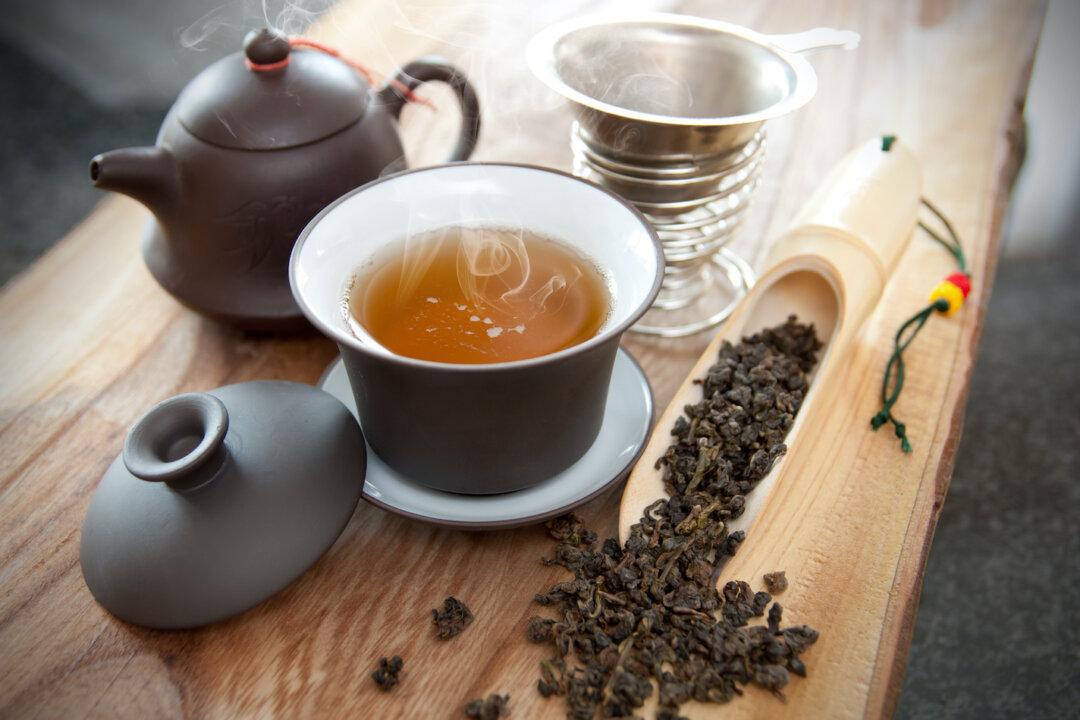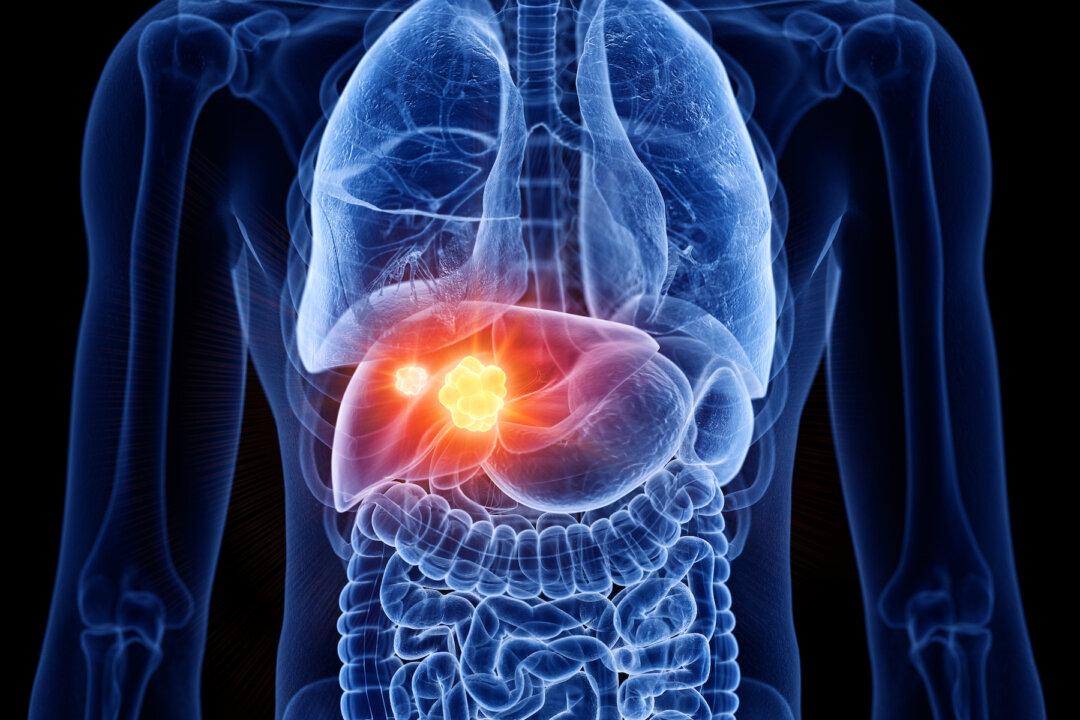Originating in Japan and introduced in the late 1980s, GABA oolong is a type of oolong tea containing high levels of gamma-aminobutyric acid (GABA)—an amino acid that naturally occurs in the human body and acts as a neurotransmitter. Typically, oolong and green teas tend to have higher levels of this amino acid compared to other teas.
Gamma-aminobutyric acid is naturally produced in the human brain and is also present in many foods containing glutamic acid, including seafood, beans, lentils, sprouted whole grains, and berries. To better synthesize GABA, one may need to increase consumption of foods containing vitamin B6 to further stimulate the production of GABA in the brain. The lack of this amino acid in humans has been shown to be responsible for many mood and sleep disorders.





